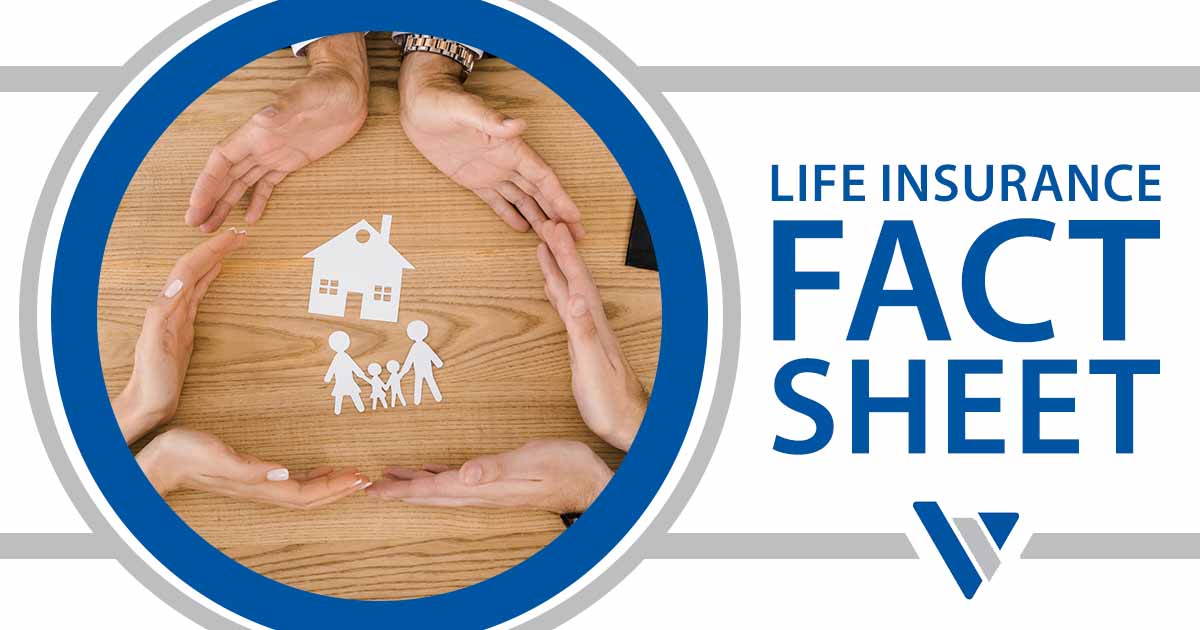We recently introduced a new series on myths in all aspects of wealth management. The first of the series was regarding investments. Today we will discuss the top 5 myths of estate planning. Estate planning, unfortunately, is the one area of wealth management ignored the most. It may also be the most expensive mistake you can make in regards to your wealth. The following are the 5 myths many people still have regarding estate planning.
- A will covers everything.It may, but many people don’t know that qualified plans (401k, IRA, etc.), insurance, and annuities have beneficiaries. Unless specifically addressed in the estate plan, the beneficiary listed on the account is priority over what is listed in the will. Bottom line, the IRA or insurance policy is going to pay to the beneficiary regardless of what might be specified in the will. It is extremely important to make sure all qualified plans, insurance, annuities and the will are working together.
- A will covers everything – part 2.One can do a will on their own. You don’t necessarily need a lawyer. There are sites online or software that assists in doing it yourself. The issue of doing it yourself is that many people don’t know there are 4 parts of an estate plan. It is more than just an inventory of assets and where they will be distributed. That is the actual will. However, your estate plan should also include at least 3 other parts: the durable power of attorney, the medical power of attorney, and the living will. I do believe working with a good lawyer who specializes in estate planning is best. However, if that is keeping one from getting a will done, then at least get it done yourself.
- I am young so I don’t really need a will.I am not sure how many young people who think like this will have read this far into the article. It is a shame though because they don’t realize how important a will is even at a young age. An adult is never too young or too old for estate planning. For the young people out there, yes, your chances of dying are slim. What about being in a serious accident? Who has your medical power of attorney if you can’t make decisions for yourself? If you don’t have that answered, you need a medical power of attorney immediately (see #2). And while you are getting that medical power of attorney, go ahead and establish the other 3 parts of your estate plan.
- I should get a trust to avoid probate.I believe it is best to have a lawyer assist people in setting up the correct estate plan. However, I also know many lawyers can ‘upsell’ by encouraging and recommending trusts to clients who, in my opinion, don’t need them. With the exemption recently increased to $11.4 million, very few people need trusts anymore to reduce estate taxes. Now, I find the biggest upsell scare is that you need to purchase a trust to avoid probate costs. It is true but depending on the state, your trust will likely end up costing more than probate. Texas has very low probate costs. California is a different story and has much higher costs. It is a mistake to compare the costs quoted to probate an estate in Texas to the upfront cost of a trust. A trust should be reviewed often to ensure compliance and that it is still properly funded (new accounts, assets, etc.). As your life changes, so will your trust. Meeting with the lawyer (or in many cases new lawyers) to have it changed costs money. You can spend significantly more money on trusts, when all is said and done, than you will on probate. On the flip side, trusts are more efficient and there are very good lawyers that will do what is best for you. Just make sure you do a trust for the right reason.
- Inheritance is better than giftingThis is more of a mistake than myth but most people do not take advantage of gifting rules in both estate planning and tax planning. Gifting can be a very advantageous means to transfer wealth. Understanding gifting rules is paramount to proper wealth management.
The information provided here is for general information and educational purposes only and should not be considered an individualized recommendation or personalized investment advice. Each person’s situation will be different, please speak to a financial advisor about your individual situation before taking any actions.

